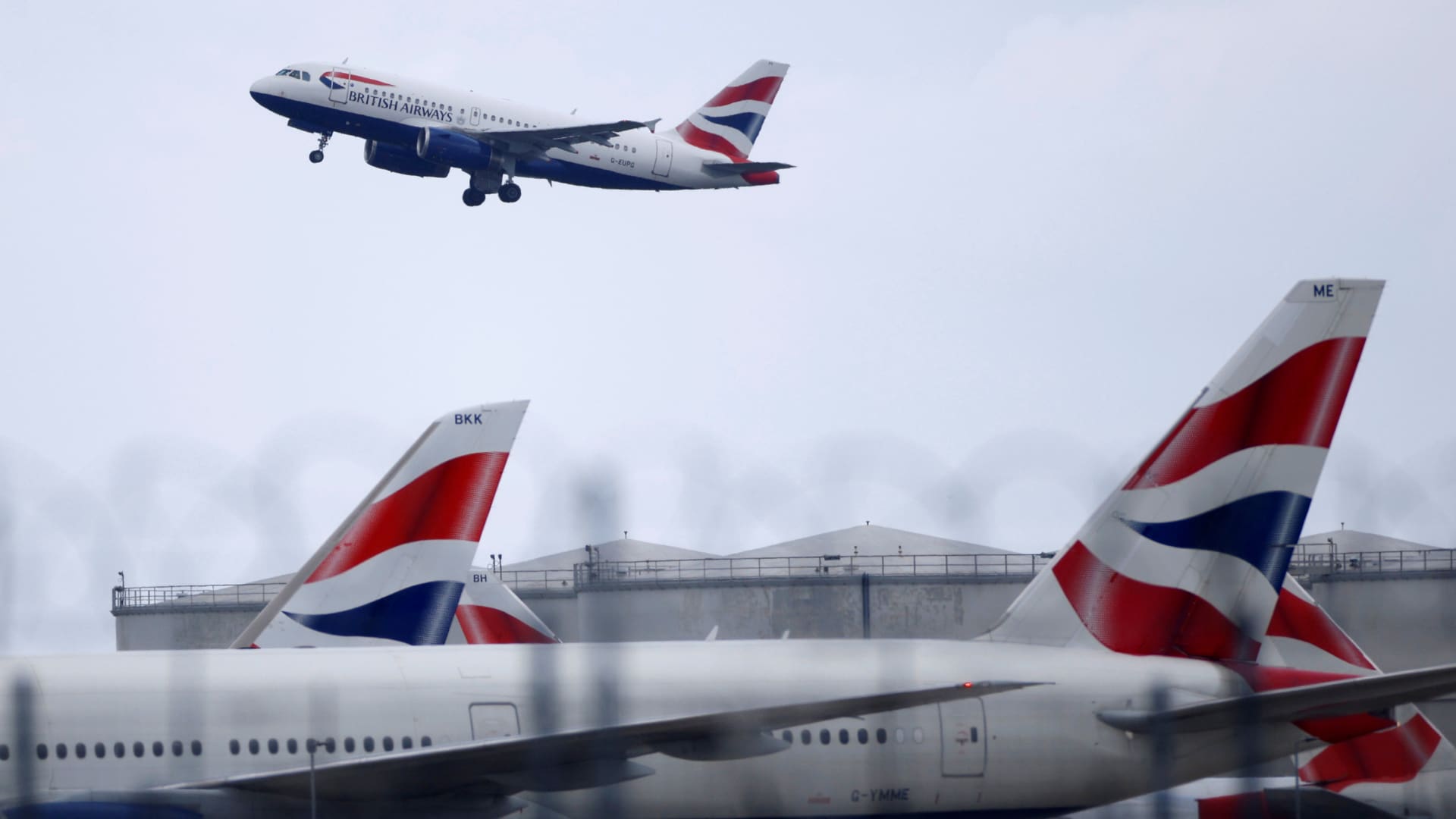US Markets
Monday, November 18th, 2024 5:03 pm EDT
Key Points
The U.S. decision to permit Ukraine limited use of American-made long-range weapons for strikes inside Russian territory marks a significant shift in Washington’s approach to the conflict. This change, reported by NBC News, reflects evolving dynamics as President Joe Biden’s administration nears its conclusion and follows growing pressure from escalating violence, including major Russian attacks and North Korea’s support for Moscow. Previously, U.S. policy restricted Ukraine to using long-range weaponry like HIMARS solely for defensive operations, avoiding cross-border strikes to prevent further escalation.
The Kremlin has strongly condemned the decision, labeling it a provocative move that intensifies U.S. involvement in the conflict. Kremlin spokesperson Dmitry Peskov characterized it as a “new round of tension” and a potentially transformative moment in U.S.-Russia relations. Russian President Vladimir Putin had earlier warned that any NATO authorization for Ukraine to target Russian soil would equate to direct NATO participation in the war, thereby increasing the risks of broader confrontation. This stance underscores Moscow’s view of the decision as a challenge to its sovereignty and security.
Analysts, however, are skeptical about the strategic impact of the U.S. authorization. Experts at the Institute for the Study of War argue that allowing Ukraine to target Russian military installations, particularly in border regions like Kursk Oblast, is unlikely to significantly disrupt Russian operations. They advocate for broader permissions, enabling Ukraine to target military infrastructure deeper within Russian territory to reduce Moscow’s capacity to launch future attacks. Ukrainian President Volodymyr Zelenskyy echoed these sentiments, emphasizing the necessity of depriving Russia of its ability to perpetuate “terror” and urging continued international support to achieve justice and protect Ukrainian citizens.
The move has sparked broader geopolitical implications. EU foreign affairs ministers convened in Brussels to discuss their collective response, with some European leaders, such as Josep Borrell, calling for greater alignment on enabling Ukraine to strike back against aggressors. Finnish parliamentarian Tytti Tuppurainen praised the U.S. decision but criticized its timing, urging Europe to take greater responsibility amid uncertainties surrounding the potential return of Donald Trump to the White House. Trump’s past pledges to end the war within a day without elaboration have raised concerns about future U.S. policy shifts and their implications for NATO cohesion.
As NATO nations deliberate their stance on similar permissions, the timing of the U.S. decision has added urgency to discussions about the war’s trajectory. European leaders recognize this moment as pivotal, balancing their collective security interests against the risks of direct involvement in the conflict. Meanwhile, Ukraine continues to depend heavily on Western support, with hopes that the partial lifting of restrictions will mark a turning point in its efforts to defend its sovereignty and achieve long-term stability.
For the full original article on CNBC, please click here: https://www.cnbc.com/2024/11/18/russia-warns-us-is-adding-fuel-to-fire-with-long-range-missile-decision.html




